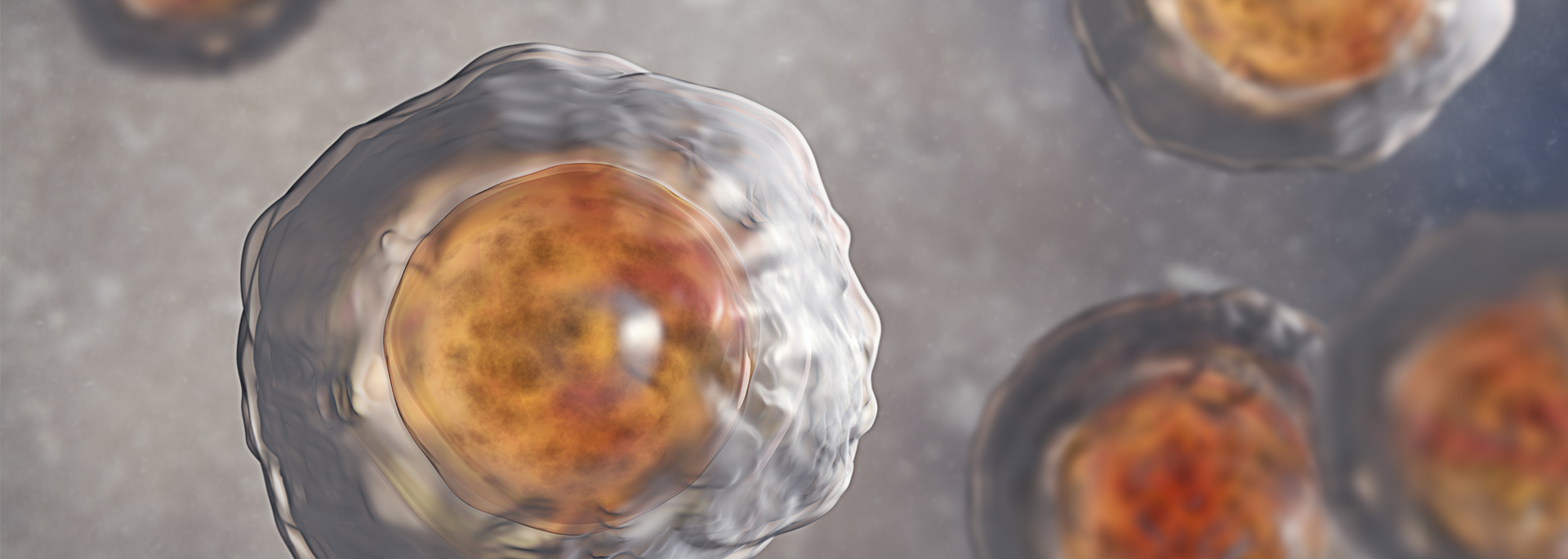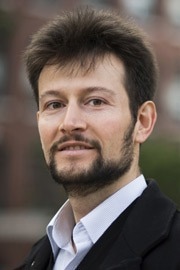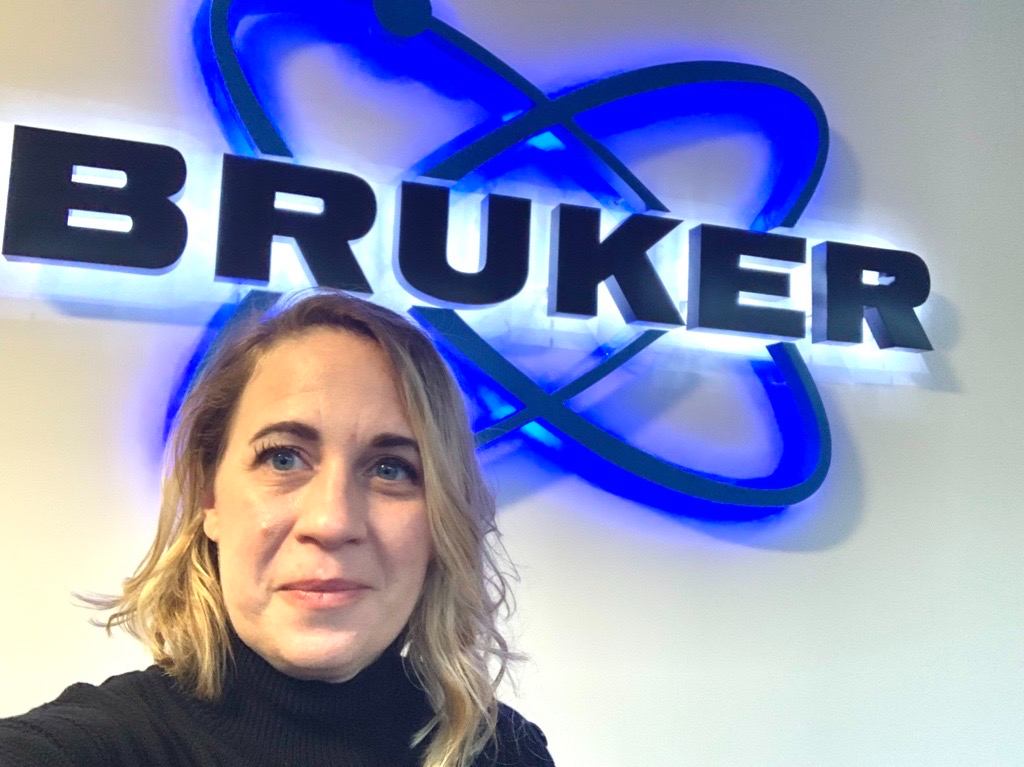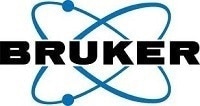In the latest episode of the OMG Omx podcast, Bruker's Kate Stumpo talks to Nikolai Slavov about the incredible potential of mass spectrometry proteomics in biomedical research. Watch the full podcast or read the selected highlights below.
Nikolai Slavov | omg OMx Podcast | Ep. 7
Can you provide an overview of your recent initiatives, particularly your spinout company and research institute, and how they relate to your academic work?
We established the Parallel Squared Technology Institute, a non-profit research organization, to unlock the potential of mass spectrometry proteomics in biomedical research.
It originated from discussions with Schmidt Futures, who noticed our single-cell protein analysis work and offered additional resources. Historically, resources were not our strength, but I recognized their importance.
Our proposal focuses on advancing technology for higher throughput, scalability, and affordability while maintaining quality. We are also applying this technology to study Alzheimer's disease, a protein-centric pathology, and immune cell changes in aging and pathophysiological conditions. Our research may expand into cancer as we progress.
What challenges do you encounter in obtaining usable data and information? Could you elaborate on the level of analysis required?
Effective data interpretation begins with meticulous experimental design. This includes defining experiments to maximize data interpretation and obtaining both molecular measurements and relevant metadata while minimizing technical artifacts.
Interpretation strategies can vary. They may involve focusing on initial hypotheses or exploring data openly, particularly omics data, to uncover new trends and insights. Follow-up experiments are designed to test these hypotheses.
Teamwork and diverse perspectives are also vital for creative data interpretation, and assembling the right team is challenging but crucial. It is essential to motivate colleagues to be bold in exploration and encourage them to go beyond prescribed questions. Balancing boldness with scientific rigor is key to making significant discoveries.
Unless we really try and push the boundaries, we are not going to achieve greatness.
 Image Credit: Bruker Life Sciences Mass Spectrometry
Image Credit: Bruker Life Sciences Mass Spectrometry
Could you please share a pivotal moment in your scientific journey, an "OMG moment," if you will, that profoundly influenced your career?
There have been numerous moments throughout my career that have left a lasting impact. It is challenging to pinpoint just one, but I will share an instance that comes to mind. I vividly recall the first time I comprehended how calculus could be applied to derive some of the fundamental thermodynamic equations I had previously revered as a student.
These equations seemed almost mystical to me, and I held those who had formulated them in high regard. Understanding the derivation of these equations through basic calculus and intuitive principles was a transformative experience.
It empowered me and instilled a sense of wonder in how simplicity could explain the complexities of the physical world. This moment remains etched in my memory as a source of inspiration and motivation in my scientific pursuits.
You have highlighted the vital role of teamwork in your path to your current position. Could you please share the names of individuals you'd like to acknowledge or express gratitude to for their substantial contributions to your career?
Numerous individuals have significantly shaped my career; though I cannot possibly name everyone, I want to highlight a key few.
My high school chemistry teacher was one of the first people who encouraged my passion for science. She left a lasting impression on me and supported my participation in scientific competitions.
During my Ph.D. in Ireland, I also had a transformative experience working with Professor Kenneth Dawson at University College Dublin. He engaged in extensive one-on-one discussions with me on scientific and philosophical topics, a style of mentoring I had not encountered before. Professor Dawson also taught me the art of reviewing scientific papers and the ability to distinguish between knowledge and ignorance.
My Ph.D. mentor, David Botstein, also left an indelible mark on my scientific journey. Known for his strong-willed and critical approach, he challenged me to think critically and provided direct, constructive feedback. His mentorship style greatly influenced my scientific development.
Lastly, I owe much of my independent career's success to my early Ph.D. students at Northeastern University, particularly Harrison Specht and Andrew Leduc, among many others. The contributions of these individuals have been instrumental in my research endeavors.
While these are just a few names I would like to mention, there are many more deserving of recognition for their support and guidance throughout my career. My gratitude extends to a broader community of mentors and collaborators.
About the Speaker

Nikolai Slavov received undergraduate education from MIT and a doctoral degree from Princeton University for characterizing the coordination of cellular growth with gene expression and metabolism.
The Slavov laboratory pioneered experimental and computational methods for single-cell proteomics and used them to connect protein covariation across single cells to functional phenotypes, including macrophage polarization, emergence of drug resistance priming, early mammalian development, and stem cell differentiation. These technologies provided a foundation for establishing Parallel Squared Technology Institute (PTI).
Prof. Slavov organizes the annual single-cell proteomics conference and contributes to organizing other leading conferences, including NeurIPS.

omg OMx host: Kate Stumpo, Senior Market Manager at Bruker
LinkedIn
About Bruker Life Sciences Mass Spectrometry
Discover new ways to apply mass spectrometry to today’s most pressing analytical challenges. Innovations such as Trapped Ion Mobility (TIMS), smartbeam and scanning lasers for MALDI-MS Imaging that deliver true pixel fidelity, and eXtreme Resolution FTMS (XR) technology capable to reveal Isotopic Fine Structure (IFS) signatures are pushing scientific exploration to new heights. Bruker's mass spectrometry solutions enable scientists to make breakthrough discoveries and gain deeper insights.